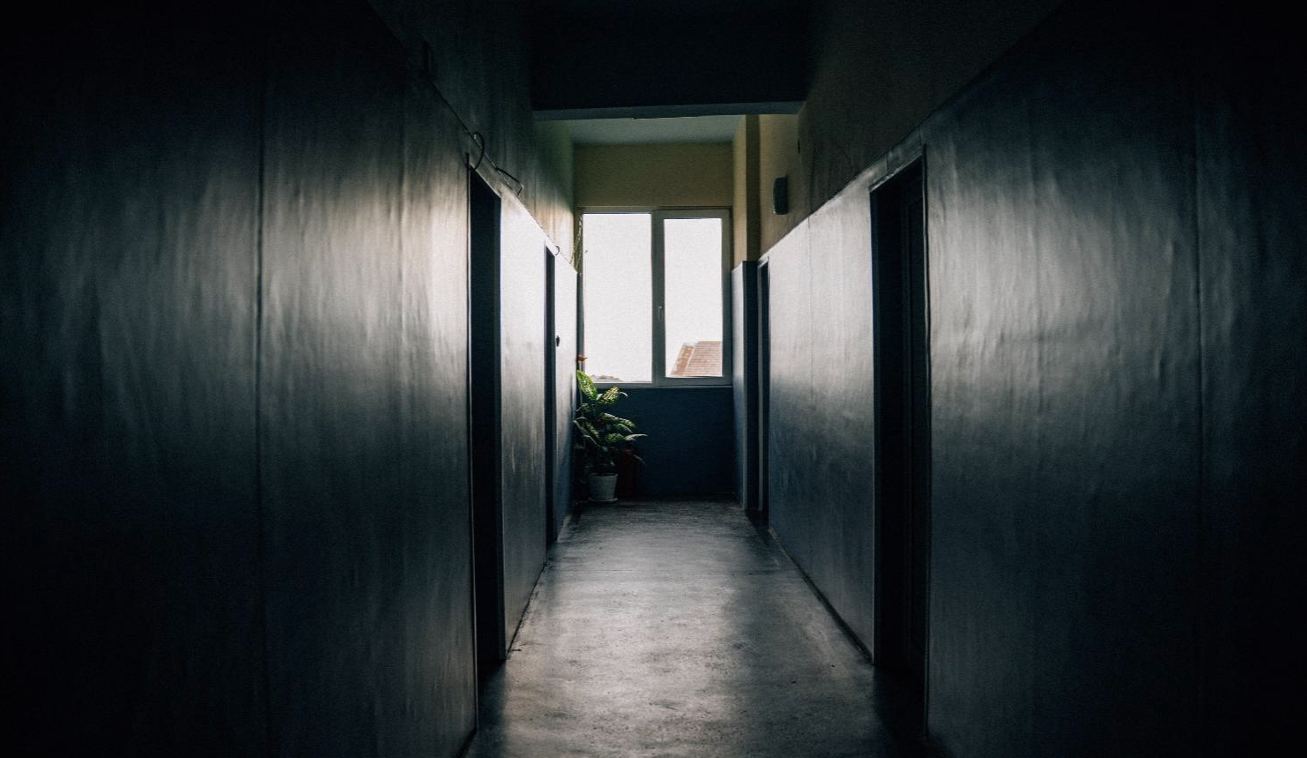It was upsetting to learn that Dr Adolf Ratzka (1943 – 2024), the Independent Living founder, leader and visionary, sadly died on Sunday 21 July at the age of 80. While it was an outstanding achievement for Adolf to have reached such a ripe old age considering his complex impairment and health condition, his sudden death still came as a shock.
Adolf’s contribution to Independent Living and disability rights politics is immense. He is widely revered as one of the original Independent Living golden generation of experts. He is respected worldwide for his ambitious, resilient activism with his uncompromising and empowered approach in challenging the status quo and making things happen. He spent most of his life being an advocate on behalf of others advising fellow aspiring activists to never give up despite the odds against them.
As well as his invaluable work pioneering and campaigning on Independent Living developments, he was devoted to his wife and daughter. He was together with Doro, his partner for almost 50 years. In the early 1990s, they both spent two years in Costa Rica fulfilling their duties to adopt their daughter Katharina. Following this, they returned to Stockholm to continue their family life and work.
Adolf had a unique background which formulated his personality, thinking and disability politics. He managed to free himself from an institution housing and segregating disabled people in 1966. It was ironically called “Pfennigparade” ( Penny Way)! This was his beginning in planning his Independent Living philosophy and lifestyle. He later studied at the University of California Los Angeles in 1969. It was when he was studying in California, he visited Berkeley to go on a demonstration, as this was the hotbed of progressive, radical politics fighting for equal civil rights. Berkeley was the home of the first Centre for Independent Living in the US and the world. This transformed Adolf’s life and enabled him to learn and adopt the main principles of Independent Living, peer support and advocacy.
I was fortunate in meeting Adolf in the early days of my Independent Living journey and career. We met at the first International Independent Living Seminar in Munich in 1982, which was attended by many disabled activists who would become leaders throughout Europe and the US. Adolf took on a leadership role from the outset. He then played an absolutely crucial role in developing the Swedish Independent Living movement with setting up the first Centre for Independent Living (STIL) in Sweden in 1984 with the support of other colleagues. At this same time, we were also engaged in the UK in setting up the first Centre for Independent Living (HCIL). This was the beginnings of an informal European Network of Independent Living leaders.
Later he became the main instigator in organising a seminal gathering of Independent Living activists, mostly personal assistant users, from 18 European countries at the European Parliament in Strasbourg. He was able to do this by gaining the support of the German Green MEPs in the European Parliament who helped financially sponsor the event. After four days of intense meetings and collaborations, ENIL (European Network on Independent Living) was formed in 1989. This was a very significant development in bringing Independent Living and Disability Rights activists on the European level together to keep the main issues on the agenda at the European Parliament.
A few years later, Adolf set up the prestigious Institute of Independent Living in 1993 to focus on developing evidence-based research raising the profile of Independent Living issues. The Institute became a scholarly repository of many invaluable resources to support its development. In the following decades, Adolf travelled extensively throughout Europe and the world to help spread and develop further Independent Living projects through his extensive and unique knowledge, ideas and expertise.
He was widely admired throughout Europe as well as other parts of the world like some African countries, the US, Brazil and the rest of the Americas. His advocacy work led him to be highly respected by political leaders, policymakers and the leaders and activists of the grassroots disability movement alike. His incisive and wise intelligence and negotiating skills enabled him to be able to both challenge and influence those of authority.
He received much civil recognition with being awarded the European Citizens Award in 2008. Adolf was also recognised in the TIME Magazine special Winter Edition 1998/99 on the “Visions of Europe” issue as a “European Visionary”.
We are at a crossroads now in our history and need to fight more than ever to maintain all our wonderful gains in Independent Living and freedoms at it time when it is being threatened by austerity and the rise of right-wing governments. It is hard imagining a world without Adolf as he was a true survivor and always seemed to be there. Now that he isn’t, we need to inherit his mantle of wisdom and activism to continue the work.
We have lost a true friend whose intellect, energy and humour we will miss deeply. Now our thoughts and love go to his wife Doro, his daughter Katharina and the wider family in Sweden and Germany.
John D. Evans OBE, 27 July 2024
Photo description: From left to right in the front row: John Evans, Adolf Ratzka, the late Judy Heumann and the late Manuel Lobato; in the back row: unknown person, Gerry Zarb and Francis Hasler. This photo was taken during a conference in Tenerife in 2003.



